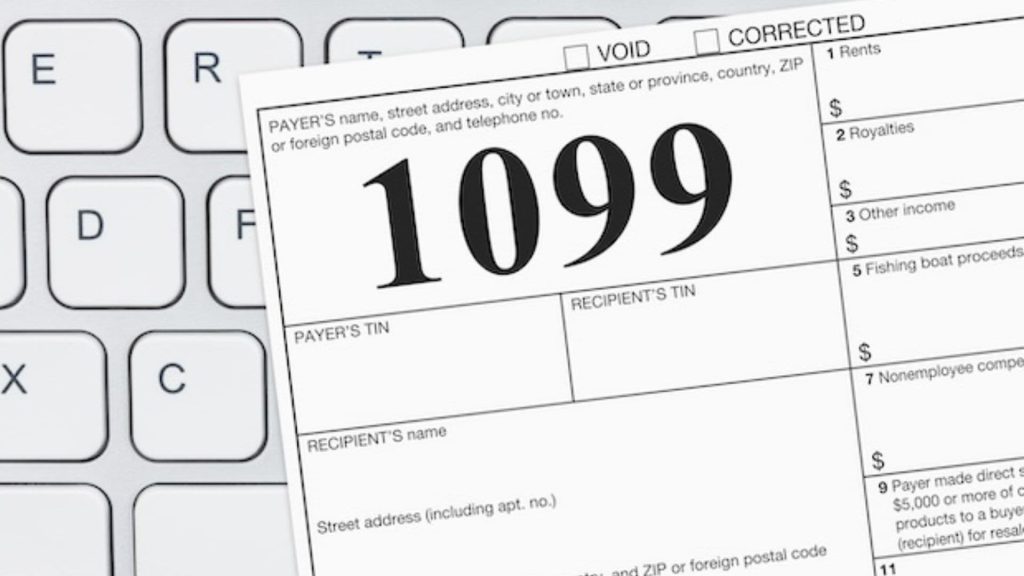
As a Grubhub driver, you’re a part of the expanding gig economy, relishing the flexibility and freedom that come with being your own boss. This autonomy, however, comes with the responsibility of managing your own taxes. Unlike traditional employment where taxes are automatically withheld from paychecks, as an independent contractor, you must navigate the intricacies of self-employment taxes, federal income taxes, and potentially state income taxes.
Do You Pay Taxes Working For Grubhub?
Yes, working for Grubhub necessitates paying taxes, although the process differs from traditional employment. As an independent contractor, you’re responsible for handling both the employer and employee portions of Social Security and Medicare taxes, totaling 15.3% of your income. This is known as self-employment tax. Additionally, you need to pay federal and state income tax based on your location, filing status, and tax bracket.
What Tax Forms Do Grubhub Drivers Receive?
Grubhub provides drivers with different 1099 forms based on their earnings:
- 1099-NEC: For drivers who earn over $600 but under $20,000.
- 1099-K: For drivers who earn over $20,000 and complete at least 200 deliveries. In Vermont and Massachusetts, drivers receive a 1099-K if they earn over $600.
Grubhub will send these forms by mail by January 31st, but drivers can opt to receive them electronically via email through the Grubhub app.

What if You Don’t Receive a 1099 Form?
Even if you earn less than $600 and don’t receive a 1099 form, you’re still obligated to report all your Grubhub income on your taxes. Failure to do so can result in penalties from the IRS. You can access your 1099 form electronically through your Grubhub account.
How to Deduct Expenses From Grubhub Work?
Deductions and Expenses
One of the advantages of being self-employed is the ability to deduct business-related expenses, thereby reducing your taxable income. Grubhub drivers can deduct various expenses, including:
- Vehicle Expenses: These are often the most significant deductions for drivers. You can choose to deduct either:
- Standard Mileage Rate: This is a set rate per mile driven for business purposes, currently 67 cents per mile for 2024. This rate encompasses the average costs for gas, maintenance, insurance, and depreciation.
- Actual Expenses: You can deduct the actual costs associated with operating your vehicle for business, including gas, oil changes, repairs, insurance, and lease payments. To use this method, you need to keep detailed records of all expenses.
- Phone Expenses: Deduct a portion of your phone bill and related expenses (cables, chargers, phone holders) based on the percentage used for business.
- Delivery Equipment: Insulated bags, backpacks, and other equipment used for deliveries are deductible.
- Tolls and Parking Fees: All toll fees and parking costs incurred while working are deductible, as long as they aren’t reimbursed.
- Roadside Assistance: The cost of roadside assistance programs is deductible based on the percentage used for business purposes.
- Health Insurance Premiums: You might be eligible to deduct health insurance premiums if you meet specific IRS criteria.
Keep in mind:
- You can only deduct expenses for the percentage of time they were used for business, not personal use.
- You cannot deduct expenses that are reimbursed.
- Personal expenses like commuting to and from your delivery area are not deductible.
Record Keeping
Meticulous record-keeping is vital for maximizing your deductions and substantiating your claims during tax season. Consider the following:
- Mileage Tracking: Accurately track your mileage, differentiating between business and personal miles. You can use a mileage tracking app or a dedicated logbook.
- Receipt Organization: Maintain organized receipts for all business expenses, including vehicle maintenance, equipment purchases, phone bills, and tolls.
- Separate Business and Personal Expenses: Clearly distinguish between personal and business expenses for accurate deductions.

Filing Your Taxes
Quarterly Taxes
If you expect to owe more than $1,000 in taxes for the current year, you need to make quarterly estimated tax payments. These payments are due on April 15th, June 15th, September 15th, and January 15th of the following year.
Tax Forms
When filing your taxes, you’ll need to use the following forms:
- Schedule C: This form is used to report your business income and expenses, ultimately determining your net profit or loss from your Grubhub business.
- Schedule SE: This form calculates your self-employment tax based on your taxable income from Schedule C.
Tax Filing Deadline
The tax filing deadline is April 15th each year. You can file an extension until October 15th if needed.
When to Seek Professional Tax Help?
While you can file your taxes independently, seeking professional tax help is advisable in certain situations:
- Complex Financial Situations: If you have multiple sources of income or investments, a tax professional can help you navigate the complexities.
- Uncertainty about Tax Laws: Tax professionals stay updated on the latest tax regulations and can ensure you’re compliant.
When choosing a tax advisor, look for someone familiar with gig economy taxes and self-employed individuals.